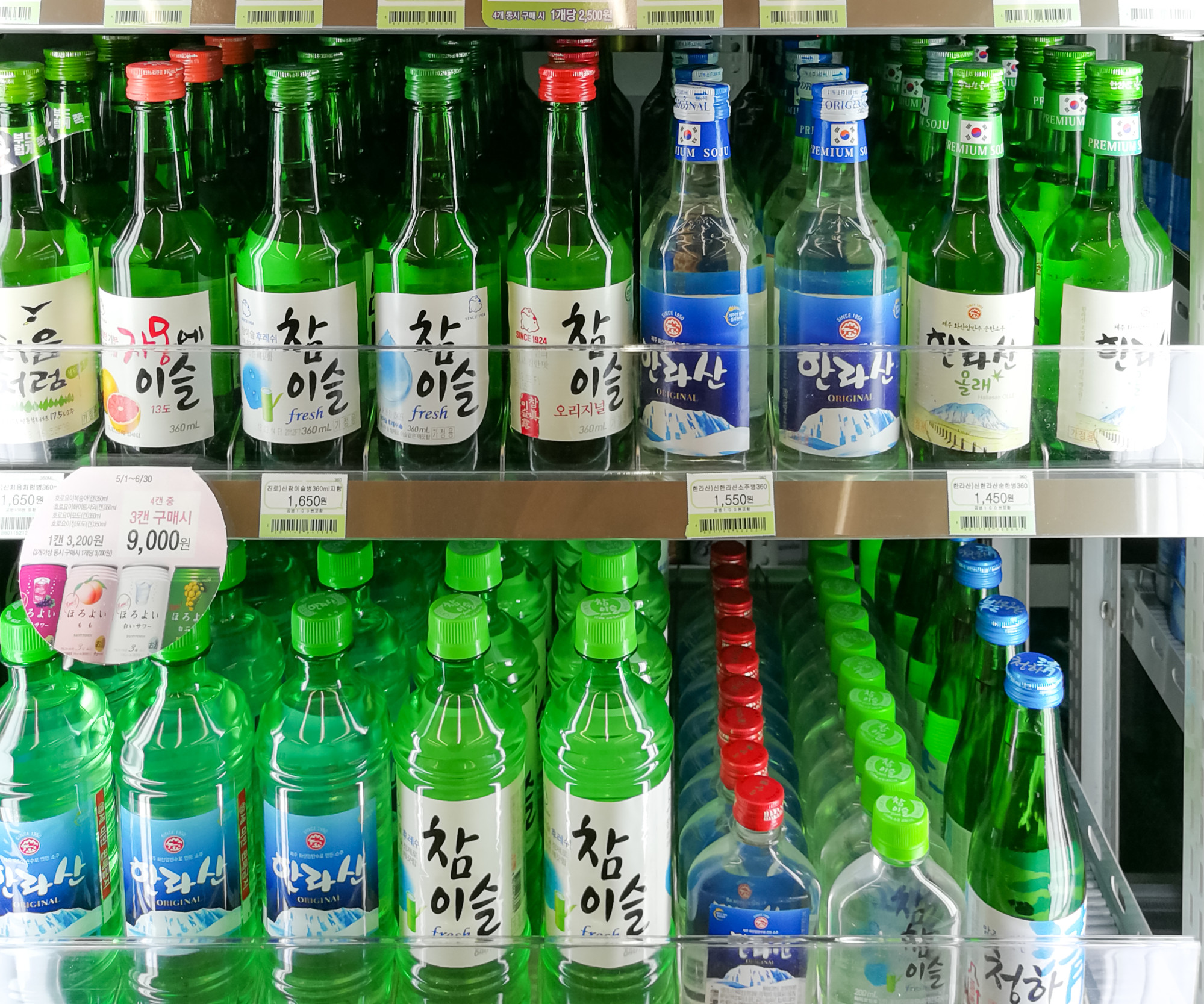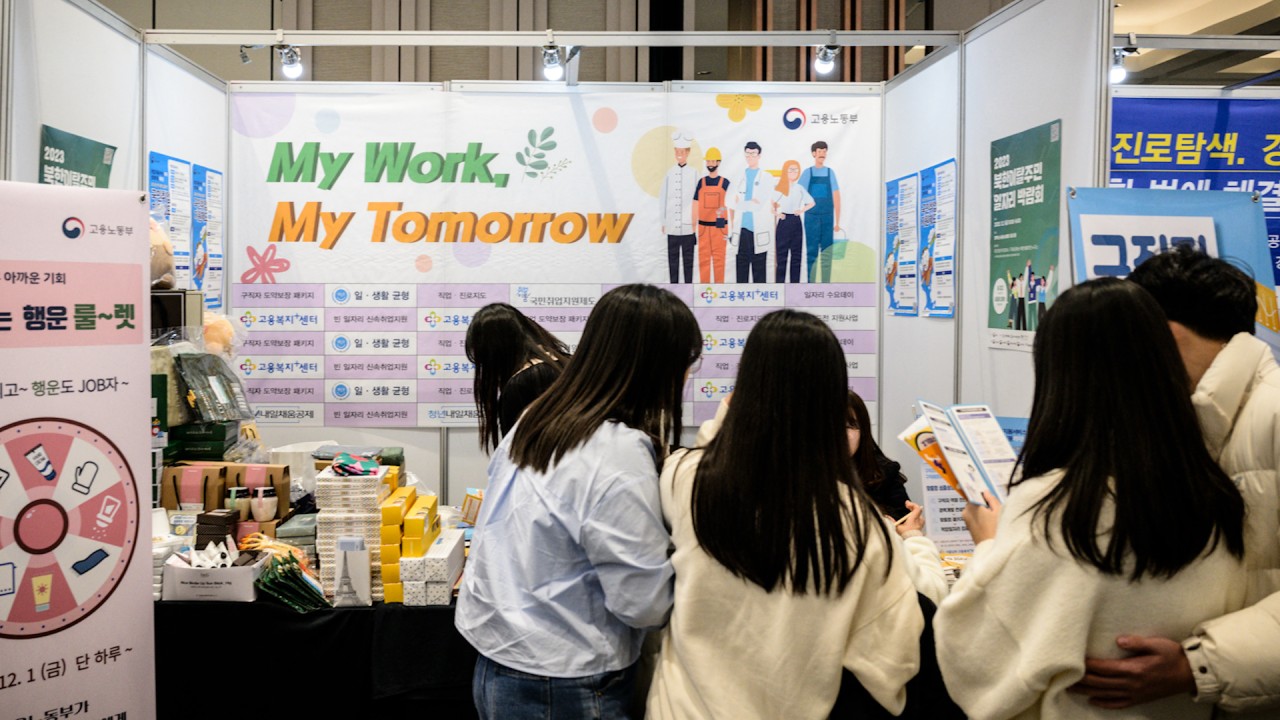Does South Korea have a drinking problem? Recent cases highlight ‘manly’ culture, need for alcohol law changes
[ad_1]
A lower court found him guilty of drink-driving and sentenced him to a suspended six-month jail sentence.
South Korea faces calls to save dogs, pay breeders as it winds down meat trade
South Korea faces calls to save dogs, pay breeders as it winds down meat trade
But an appellate court overturned the decision in favour of the defendant, stressing the need to properly calculate his breath-analysed blood alcohol content (BAC) level.
The Supreme Court upheld the appeal court ruling but admitted that it was “not so rare” that drunk drivers drink more after they fall into car crashes to sabotage post-accident BAC tests and avoid punishments “as this case may suggest”.
“It is undesirable to let drunk drivers avoid criminal punishments this way”, it said, calling for new legislation to cope with such “intentional disruptions of law and order”.
Lawyer Lee Min told This Week in Asia that he had won similar court cases in favour of defendants.
“Some clients ask if it’s OK to assert that they drank [earlier] at home alone [after they caused accidents] but I say such allegations could be only counterproductive” he also wrote on his blog.
Another lawyer, Kim Han-bit, agreed a new law is needed to punish acts aimed at fudging test results, noting the refusal of breath-analysing tests is currently punishable.
According to official data, more than 130,283 drunk drivers were caught in 2022, up from some 110,000 in the previous two years when traffic was reduced due to pandemic restrictions. Some 42 per cent of drunk drivers who were caught were repeat offenders. The number of people killed due to drink-driving accidents rose to 214 in 2022, from 206 in 2021.
South Korea has a notoriously drinking problem, including a culture of binge drinking and strong social pressure to participate in it, the Korea Herald said.
This trend is particularly seen in company dinners called hoesik, where it is difficult for employees to refuse invitations to drink by their superiors. In some organisations, skipping a hoesik is seen as “bigger sin than missing work”, the daily said.
According to JobKorea’s 2020 survey in which 659 workers were asked about their participation in hoesik, only 45 per cent said they were “free to choose” whether to attend the company dinners, though 41 per cent said they “worried how it would look” if they did not. Thirteen per cent said attendance was “mandatory.”
In another high-profile case involving alcoholism in the country, a doctor in his 20s was caught performing sutures for a facial wound while under the influence of alcohol at a hospital in Seoul last month.
South Korea’s preference for sons could see 800,000 men unable to marry locals
South Korea’s preference for sons could see 800,000 men unable to marry locals
Following a complaint from a patient in his 60s, police found the doctor had been practising under the influence of alcohol, but were unable to press charges.
No current regulation states that a doctor is banned from practising under the influence of alcohol. However, a doctor could face criminal charges for medical malpractice for harm caused to his or her patient while drunk on duty.
In reality, it is difficult to press such charges because of difficulties in proving a causal link between a doctor’s inebriation and a patient’s injury or death, observers said.
The incident reportedly prompted health authorities to consider new regulations and stiffer penalties to deter such errant doctors.
Medical doctors, however, objected, citing the shortage of medical personnel and privacy rights.
“Does this mean medical personnel cannot drink even after they finish work and return home in case they may be called back to work for an emergency?” paediatrician Ahn Byoung-hai told This Week in Asia.

“It’s not fair for the government to single out medical personnel to impose such restrictions”, he said.
Ahn said Koreans are traditionally lenient toward alcoholism and many “equate heavy drinking with manliness”.
“However, the trend is now changing positively, with younger generations increasingly avoiding hoesik”, he said.
Nam Gung-in, a professor of emergency medicine at Ewha Womans University, said self-policing by medical personnel regarding drinking is required rather than legal sanctions.
“Even in university hospitals, there are only one or two doctors for each specialty … They are on call 24 hours a day, 365 days a year, and if they are punished for treating patients under the influence of alcohol they consume after work, they may refuse to treat emergency patients to avoid punishment”, he said.
Cost of fame: South Korean actor’s suicide sparks outrage over privacy invasion
Cost of fame: South Korean actor’s suicide sparks outrage over privacy invasion
In another high-profile case, two Seoul police officers were fined 5 million won (US$3,755) and 4 million won each last week for occupational negligence for failing to prevent a drunken man in his 60s from dying of hypothermia.
The policemen took the man to his home in northern Seoul in November last year but they left him on the stairs of his residential building as the man refused to disclose his exact address. He failed to enter the building and died on a freezing winter night.
Following the verdict, police officers demanded regulations and guidelines for handling intoxicated people, lambasting the local court’s decision.
“It is commonplace [for police officers to leave a scene] after an [intoxicated] person tells us that he wants to go home on his own and to not worry about it,” an officer who wrote on an internal police bulletin board and complained only hold low-ranking officers are held accountable.
[ad_2]
Source link


